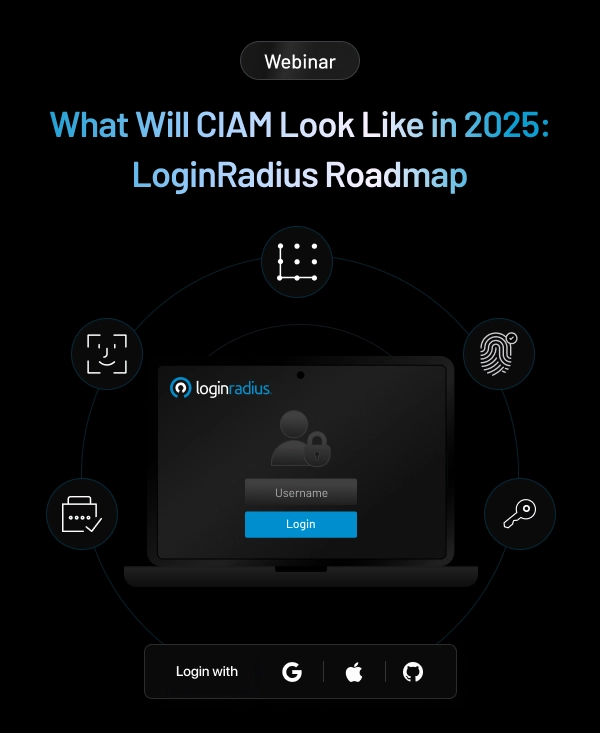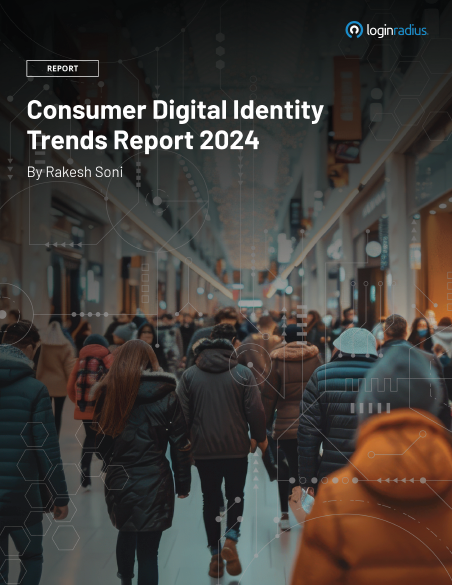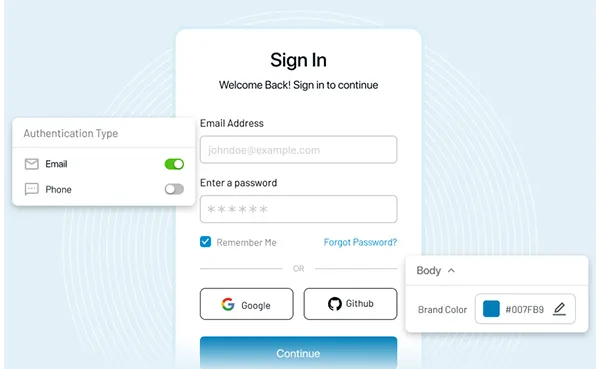Introduction
Identification refers to who a person is and whether they can prove it. Standard identity documents like national IDs, birth certificates, passports, voter IDs, and driving licenses generally exist in physical form. However, newer forms of remote authentication via digital platforms are gaining acceptance by national or local governments, private or nonprofit organizations, and individual entities as valid IDs.
By their design, verifying details in an ID document against an individual’s application and photograph prove their identity and allow them to access a service. Verification of traditional forms of identification is easily achieved face-to-face with the individual. However, the situation gets complicated when they need to verify their physical self against a digital identity.
In this article, we’ll look at digital identification, the risks, and how it can help with growth on an inclusion and economic level.
What is Digital Identification?
A digital ID is a digitized representation of legal identity, and unlike traditional paper-based IDs, digital identification allows for remote verification via digital channels. ID-issuing entities include national or local governments, nonprofit or private organizations, consortiums, or individual platform providers.
Many digital identification and authentication technologies apply, including username and password combinations, intelligent devices, RFID, security tokens, or PINs.
The features of digital ID are:
- Authenticated and verified to a high degree of assurance to meet both government and private-sector institutions’ standards
- Unique and corresponding to a single entity
- Established with the consent of the user
- Protecting the privacy of users and giving them control over their data through built-in safeguards
How Digital IDs Help With Inclusive Economic Growth?
According to a report, nations that implement and encourage the use of digital identities can potentially increase their GDPs between 3 and 13 percent. Moreover, the development is inclusive, where everyone has an equal opportunity to prosper economically.
Here’s how implementing digital identities produce economic growth:
1. Strengthening transparency and service delivery
Digital ID can play a role in unlocking noneconomic value and potentially bringing progress towards achieving the ideals of transparency and rights protection. Digital identification helps to promote increased and inclusive access to healthcare, education, and labor markets.
Furthermore, it can aid in safe migration and promote greater civic participation. A good example is Estonia, which delivers more than 90% of public services digitally. More than 30% of people vote online, and 20% say they would never vote at a physical polling station.
Digital ID could also help enforce rights enshrined in the law. For instance, in India, the right of its people to claim government-subsidized food from ration stores is protected. A remote ID system authenticates their identity instead of leaving the task to the discretion of local government officials.
2. Better access to public services
The political world and corporations continue to push for various digital ID initiatives to support transformation by ensuring secure online access to public services. Improved access to public services through electronic identification facilitates trade and economic growth.
A good example is the European Union, which adopted the eIDAS regulation that facilitates trust services, electronic ID, and the easy exchange of administrative documents throughout the region. The European digital identity, available to EU citizens and all European businesses, allows users to quickly access public services within any of the Union’s member states.
3. Reduced fraud and leakage
Digital identification can help to lower fraud rates in transactions across the private and public sectors. For instance, there may be decreased payroll fraud rates from worker interactions or lower levels of identity fraud in taxpayer, consumer, and beneficiary transactions.
The most significant sources of value that digital ID offers to the government and the private sector are reduced fraud, cost savings, improved productivity, increased sales of various goods and services, and boosted tax revenue.
At face value, these advantages appear to benefit institutions primarily. However, individuals are also likely to see value through lower prices, government revenue redirected toward social development, higher accountability of officials, and improved service delivery. Furthermore, while digital identity verification providers are not required by law to comply with the PCI standards (meant to protect cardholder data in financial transactions), most do, giving consumers the assurance that their PII is in safe hands.
The fact that individuals are becoming savvier to the benefits of digital ID is seen with most consumers looking for banking accounts that come with essential security features such as Multi-Factor Authentication (MFA), among other digital identification features.
4. Financial inclusion
The increased use of technology within the financial services sector raises questions about digital identity and ID verification platforms’ role in ensuring financial inclusion. These concerns are particularly keen when digital financial solutions and digital ID systems have come to the fore as drivers of economic development.
Robust and outcome-based digital identification assurance standards can help many who suffer from financial exclusion through a lack of access to traditional government-issued ID documents. These individuals can access digital identification credentials at less stringent identity assurance levels for appropriate low-risk applications and use the IDs to obtain financial services.
What are the Risks of Digital IDs?
Every great technology has its flaws, and digital identity is no exception. It has the potential for misuse and comes with a few pretty significant risks:
- An authoritarian government could use it to gain political and social control.
- A private sector company might use the information to influence consumers in ways they neither desire nor understand.
- McKinsey Global Institute estimates that synthetic identity fraud is the fastest-growing financial crime in the US and results in losses of more than $6 billion annually.
- Because many low-assurance interactions use digital IDs, there is the potential for phishing scams and other cybersecurity breaches, posing a high risk to the digital economy.
The risks above mean that policymakers, platform providers, and organizations that use the digital ecosystem must grapple with the dangers of the connectivity and information sharing required by digital identification solutions.
In Conclusion
Besides enabling social and civic empowerment, digital identification is critical for measurable and inclusive economic growth. Although most people are familiar with the apparent benefits of digitizing identification processes, it’s less well understood that private and public services, and the necessary identity verification to use them, are linked to individual progress and overall nation-building.
Through sound design principles and policy enforcement, digital protects individual rights from abuse and creates economic benefits for states, institutions, and people.

















